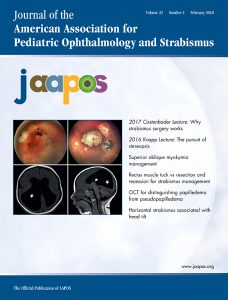 Three researchers are fighting over who should get to publish a case report on a pair of unique patients.
Three researchers are fighting over who should get to publish a case report on a pair of unique patients.
Yoo-Mi Kim—who was not an author on the paper—claimed that he had diagnosed the patients described in the report, and should have been the one to write it up. The authors—Jun Woo Park and Soo Jung Lee—disagreed, claiming that they had treated the patients for years and had received oral consent from the patients to publish the report.
The Journal of American Association for Pediatric Ophthalmology and Strabismus, unable to resolve the disagreement, has published an expression of concern highlighting the dispute. Continue reading When multiple doctors treat a patient, who gets to publish the case report?
 A social psychology journal has added an expression of concern to a paper by
A social psychology journal has added an expression of concern to a paper by 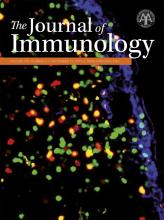 Two journals have retracted papers by a biologist who was
Two journals have retracted papers by a biologist who was  Journals have posted two corrections alongside papers by
Journals have posted two corrections alongside papers by 
 Mistakes happen. Including, sometimes, putting articles that should be freely available
Mistakes happen. Including, sometimes, putting articles that should be freely available 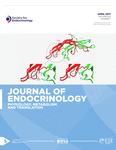 It would seem that resorting to legal means to avoid editorial notices doesn’t always work.
It would seem that resorting to legal means to avoid editorial notices doesn’t always work.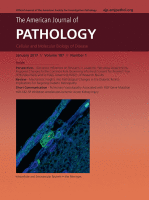 A pathology journal is retracting two papers after an investigation at the last author’s institution in Germany found evidence of scientific misconduct.
A pathology journal is retracting two papers after an investigation at the last author’s institution in Germany found evidence of scientific misconduct.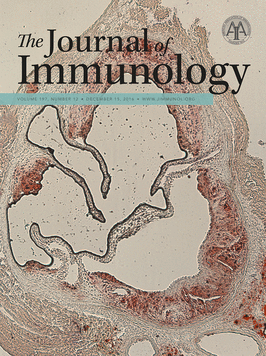 A lab at the University of California, Los Angeles has retracted two papers for duplicated images.
A lab at the University of California, Los Angeles has retracted two papers for duplicated images.